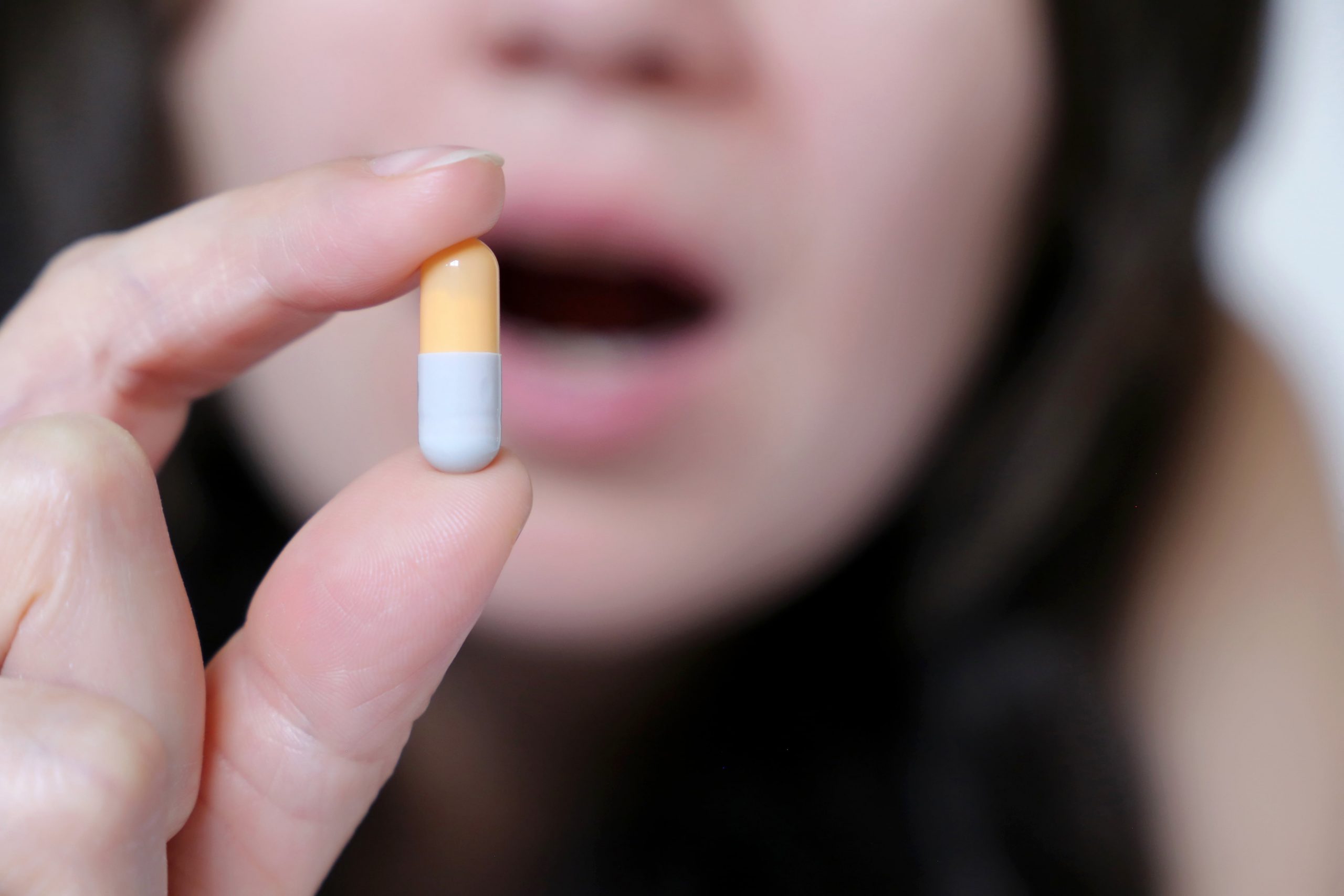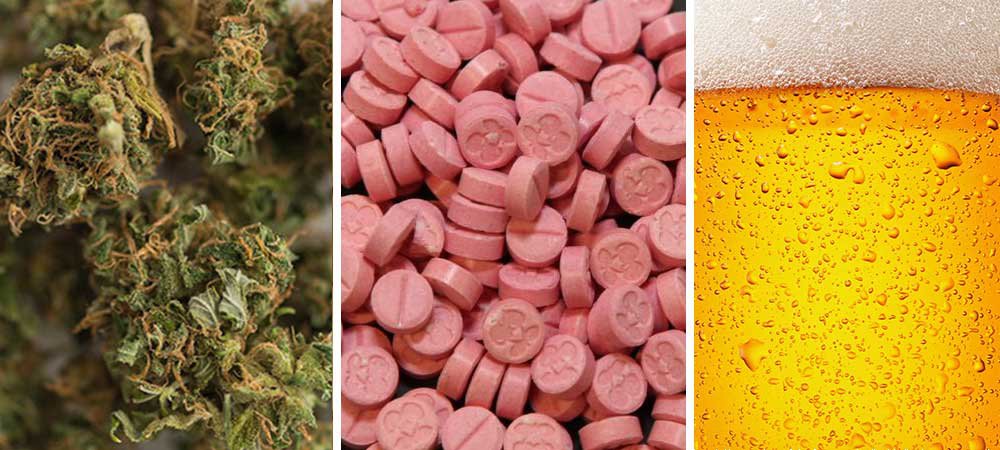Introduction to Class 1 Drugs
Australia, like many other countries, classifies drugs based on their potential for harm and misuse. Class 1 drugs, in particular, represent substances that are considered to have a high risk of harm and are subject to strict regulations. Understanding the classification system is crucial for both healthcare professionals and the general public. In this article, we will delve into the specifics of Class 1 drugs in Australia, their definitions, and the implications of their categorization.
Defining Class 1 Drugs
Class 1 drugs, also known as Schedule 9 drugs, are substances that pose the highest risk of harm and have limited or no therapeutic use. The classification is established by the Therapeutic Goods Administration (TGA) in Australia. These drugs are subject to the strictest regulations due to their potential for abuse, dependence, and adverse health effects.
The list of Class 1 drugs includes a variety of substances, ranging from certain opioids and hallucinogens to synthetic cannabinoids and novel psychoactive substances. The TGA continuously reviews and updates the list to adapt to emerging trends and new substances entering the market.
Examples of Class 1 Drugs
To better understand the scope of Class 1 drugs, it’s essential to highlight some examples. Substances such as heroin, LSD (lysergic acid diethylamide), and methamphetamine fall under this category. These drugs are known for their high potential for abuse and severe health consequences.
Additionally, some synthetic drugs designed to mimic the effects of traditional illicit substances may also be classified as Class 1 drugs. The ever-evolving nature of these substances challenges regulatory bodies to stay ahead of emerging trends.

Regulations Surrounding Class 1 Drugs
The strict regulations imposed on Class 1 drugs reflect the government’s commitment to public health and safety. Individuals found in possession, manufacturing, or trafficking Class 1 drugs may face severe legal consequences, including substantial fines and lengthy prison sentences.
Healthcare professionals, such as doctors and pharmacists, must adhere to stringent protocols when dealing with Class 1 drugs in a medical setting. Prescribing and dispensing these substances is heavily regulated to minimize the risk of misuse and diversion.
Impact on Public Health
The classification of drugs, including Class 1 substances, is fundamentally linked to public health outcomes. By identifying and regulating substances with high potential for harm, authorities aim to reduce the prevalence of substance abuse disorders, overdose incidents, and associated health issues.
Public awareness campaigns and educational initiatives play a crucial role in informing the community about the risks associated with Class 1 drugs. Understanding the consequences of misuse and the legal implications can deter individuals from experimenting with these substances.
Evolution of Drug Classifications
The classification of drugs is not static; it evolves to address emerging challenges in the field of substance misuse. Regulatory bodies continually assess new substances, considering their pharmacological properties, potential for harm, and societal impact. This dynamic approach ensures that the classification system remains relevant and effective.
Research and Innovation
Ongoing research into the effects of different substances and the development of innovative treatment approaches are essential components of the evolving drug classification system. By staying informed about the latest scientific findings, regulatory bodies can adapt their strategies to address the changing landscape of drug misuse.

Conclusion
In conclusion, understanding Class 1 drugs in Australia is crucial for individuals, healthcare professionals, and policymakers alike. The strict regulations surrounding these substances reflect the government’s commitment to public health and safety. By staying informed about the classification system, we can collectively work towards minimizing the harms associated with high-risk substances and fostering a healthier society. https://www.sydneyfamilycriminaldefencelawyers.com.au/possess-prohibited-drug/





